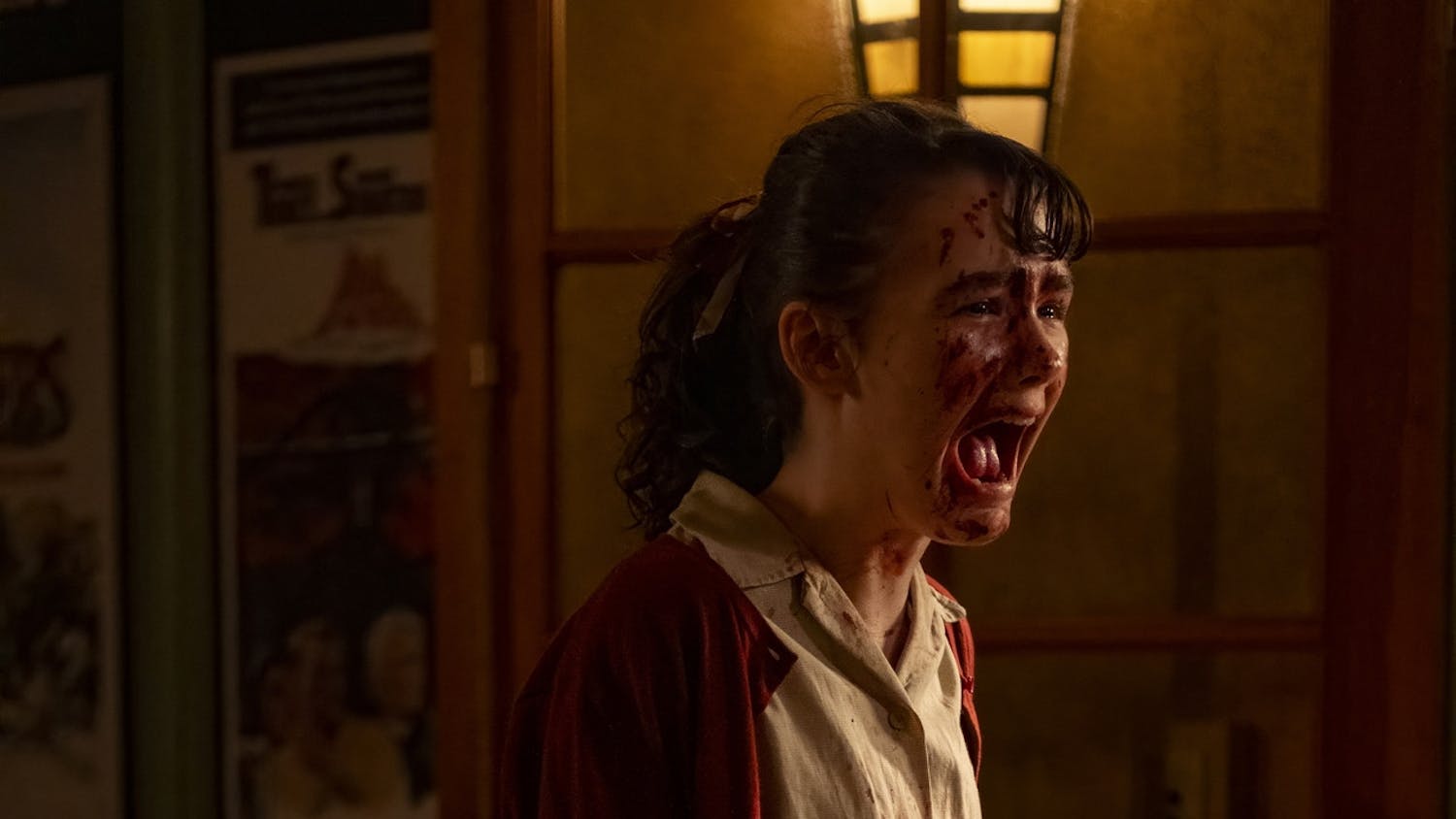"The Light in Her Eyes" will be screened at 4 p.m. Thursday, followed by a discussion panel.
In hopes of debunking myths about women who practice Islam, the final film in the “Race, Gender and Culture Film Series” will screen Thursday.
Cosponsored by the Women’s Center and the Multicultural Center, The Light in Her Eyes focuses on Houda al-Habash, a conservative Muslim preacher, and the Quran school she established for girls in Damascus, Syria, according to the movie’s website.
According to Sarah Jenkins, the program coordinator of the Women’s Center, al-Habash said being able to interpret the Quran “gives you the power to not let it be used against you … by someone citing something that is not actually in the Quran.”
“(Al-Habash) thinks it’s really important for women to memorize the (Quran) so that people in their lives cannot use (it) as an excuse to oppress them,” Jenkins said. “(The documentary is) about her journey with the school, reasons (why) she runs the school and just some exploration of women in Islam in general.”
After the screening, Loren Lybarger, an associate professor in the Classics and World Religions Department, will moderate the panel discussion, which will include students who identify as Muslim women at Ohio University.
Lybarger said films featuring the attempts of women to reinterpret their holy scriptures and traditions in ways that challenge both the patriarchy and gender hierarchy are extremely important as “(they) enable us to challenge the stereotypes and move to a more complex understanding.”
Lybarger said a general misconception of the religion is that “women who happen to be Muslim or are practicing Muslims are oppressed.”
“So a film that goes into some complex depths about pious Muslim women who are reading the Quran and interpreting it for themselves (then) challenges the stereotypes,” he said.
{{tncms-asset app="editorial" id="6337c566-fb9c-11e5-aa32-8f0b530fed2e"}}
Jenkins said the inaccurate portrayals of people who may identify with the religion in the media, especially the Middle East often being depicted as the villains in films, can be very damaging for people who practice the religion.
“I really wanted to jump on the opportunity to show a film that could hopefully get us engaged on some dialogue about the religion and how people actually practice it in modern day,” she said.
Lybarger said he hopes the panel discussion will not only enrich the conversation for audience members on that day, but also bring visibility to the presence and diversity of Muslims on campus.
“Muslims aren’t just all of one background,” Lybarger said. “Muslims have many different ethnicities, speak different languages, come from different nationalities and therefore have different perspectives of what it means to be a Muslim.”
@summerinmae
my389715@ohio.edu






